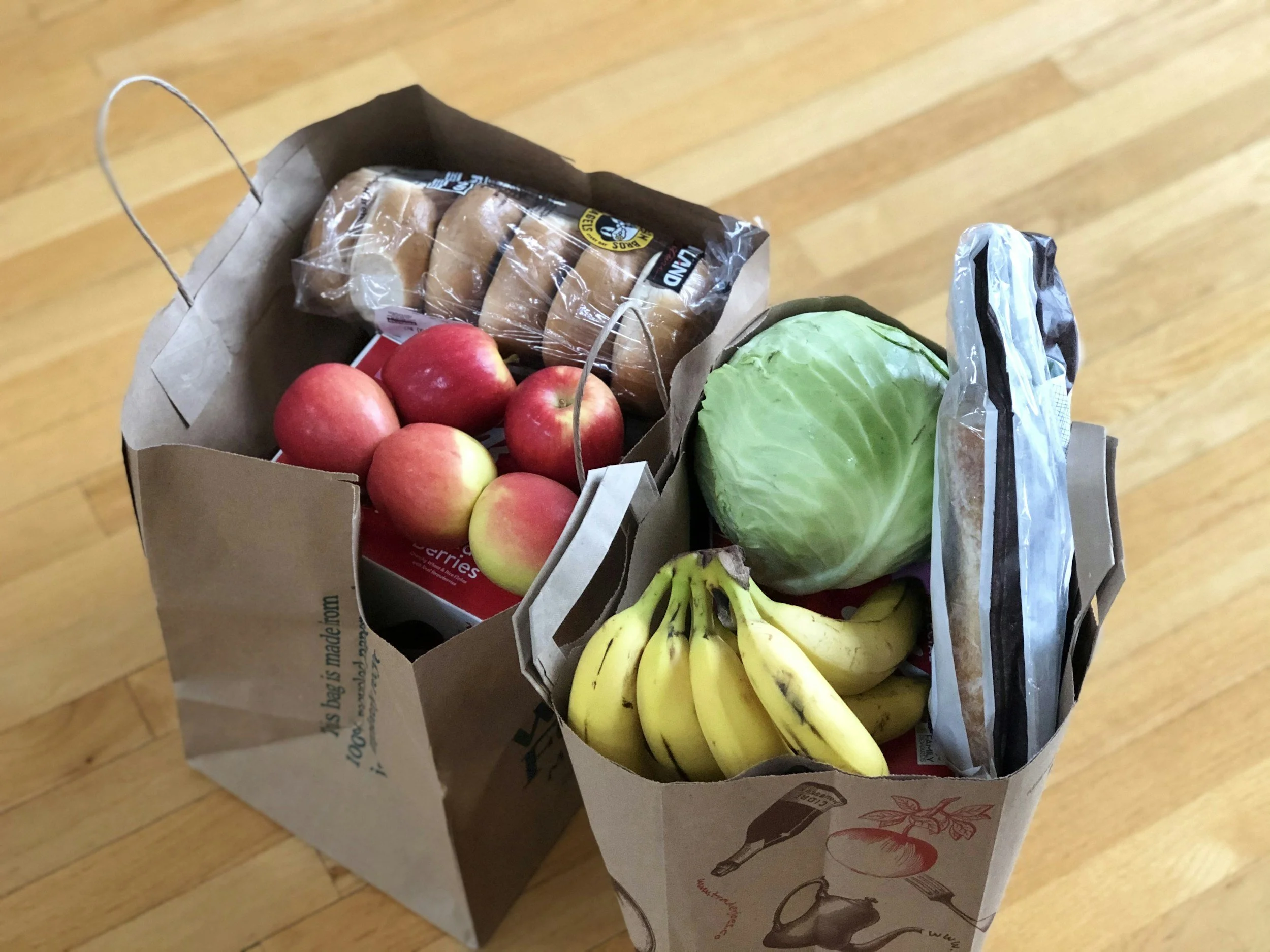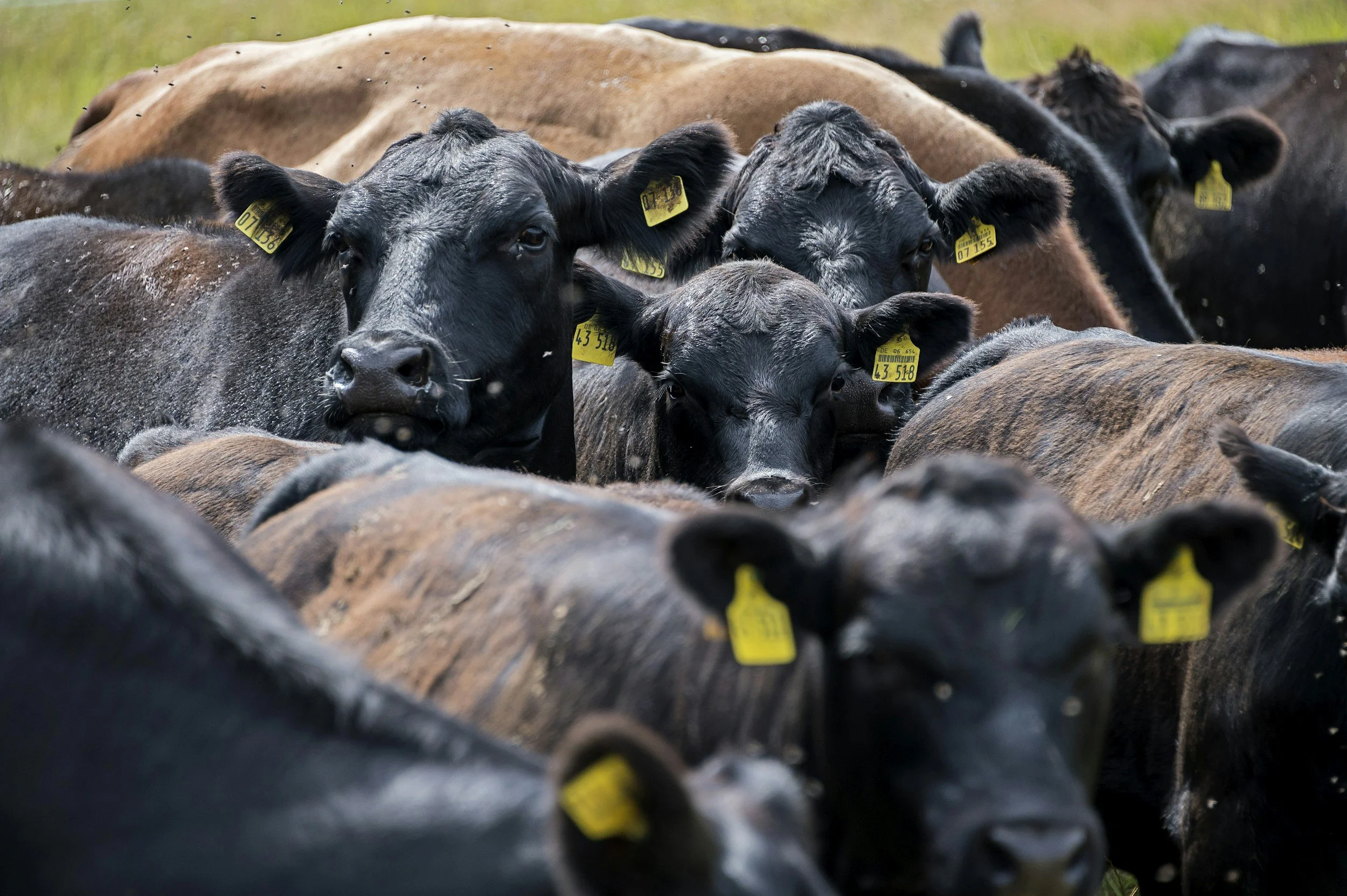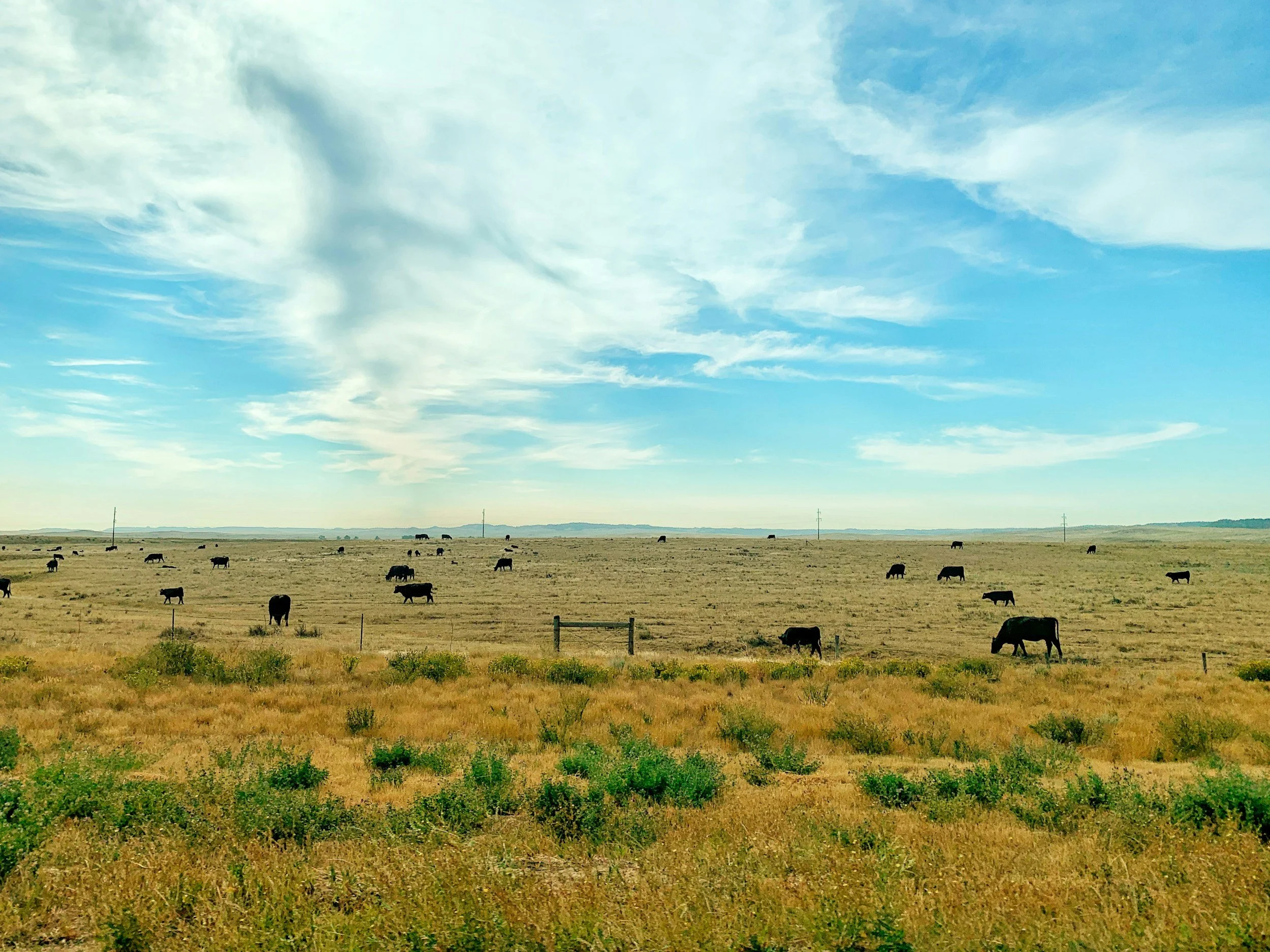In this issue, we look at the new antimonopoly caucus in the House, and examine how monopoly and Wall Street power keeps Amtrak off track, denying better train service to Americans across the country.
Read MoreFood systems program manager Claire Kelloway explores how the recent rise in egg prices is driven not just by factors like bird flu, but also by corporate greedflation and the price of conventional eggs is affected due to both the bird flu and potential corporate collusion manipulating the market.
Read MoreOpen Markets submitted a letter advocating for the Consumer Grocery Pricing Fairness Act to level the playing field for independent grocers by curbing discriminatory pricing practices from large retailers like Walmart and Amazon.
Read MoreFood systems program manager Claire Kelloway emphasizes the need for regional supply chains, sustainable farming, and fair labor to achieve greater self-sufficiency in food production.
Read MoreFood systems program manager Claire Kelloway is quoted advocating for stronger antitrust enforcement and the Packers and Stockyards Act to curb corporate consolidation in the meat industry.
Read MoreOpen Markets Institute food program manager Claire Kelloway comments on the USDA’s finalized rule against deceptive poultry payment tactics and withdrew a proposed rule easing access to justice for unfair treatment by meatpackers.
Read MoreThe Open Markets Institute submitted a letter to the USDA led by food systems program manager, Claire Kelloway, urging stronger actions to ensure fair, transparent, and competitive cattle pricing, addressing concerns about market consolidation and the impact on ranchers' compensation.
Read MoreFood program manager Claire Kelloway argues that the US needs a true opponent of corporate greed, rather than someone like Robert F. Kennedy Jr., whose stance is entangled with conspiracy theories.
Read MoreIn response to a federal judge in Oregon granting the FTC’s request for a preliminary injunction against Kroger’s takeover of Albertsons and a state judge siding with the Washington Attorney General’s suit to block the deal, the Open Market Institute's Food Systems Program Manager Claire Kelloway issued a statement.
Read MoreFood program manager Claire Kellaway argues that enforcing antitrust laws and the Packers and Stockyards Act is key to combating food industry consolidation.
Read MoreIn this issue, Open Markets policy counsel Tara Pincock — who helped write the original lawsuit against Google — discusses a potential breakup.
Read MoreOpen Markets Institute Food Program Manager Claire Kelloway weighed in on the USDA’s latest actions to improve fair competition in food and agriculture -- actions heavily informed by Open Markets' scholarship.
Read MoreIn this issue, we explore how Intel’s recent woes suggest that Biden administration’s CHIPS and Science Act was insufficient and recommend how the next administration must go further in investing in semiconductor manufacturing to protect the country’s national interest.
Read MoreFood program manager Claire Kelloway was quoted highlighting the utter dominance of large corporations in the highly concentrated food markets, like the mayonnaise industry arguing that without antitrust enforcements ensuring fair competition, it's unlikely that these monopolistic structures will diminishing allowing for market-sharing
Read MoreFood program manager Claire Kelloway joins More Perfect Union in reporting on the planned $36 billion merger of snack giants Kellanova and Mars, which could inflate prices on popular products, highlighting concerns over corporate power abuses.
Read MoreOpen Markets submits comment on USDA's proposal to define unfair practices under the Packers & Stockyards Act.
Read MoreFood program manager Claire Kelloway argues that the Kroger-Albertsons merger would likely lead to store closures, job losses, and reduced wages for workers, emphasizing the need for the Federal Trade Commission to consider these labor impacts in its antitrust review
Read MoreOpen Markets Institute Food Program Manager Clare Kelloway led a comment submission to the USDA in support of the agency’s proposal to regulate unfair tournament payment systems under the “Poultry Grower Payment Systems and Capital Improvement Systems” rule.
Read More

















